Moonlighting (1982)
“I must concentrate on work; I must drive them harder.”
|
Synopsis: |
|
Genres, Themes, Actors, and Directors:
Response to Peary’s Review: He “takes three workers with him” who he selects “because they don’t know English and are stupid [sic], so he figures they’ll be easy to supervise” — and, “indeed, they do everything he says, including staying inside so no one will know they are working illegally.” However, “as their stay goes on, Irons becomes more and more isolated from his men — becoming their slavedriver and watchdog and the person who rations food and clothing allotments,” “keeps all the money the boss has sent them, takes away their source of entertainment and news…, [and] manipulates them into working more hours by altering his watch.” Perhaps worst of all, “he doesn’t tell them… when he learns that there has been a military crackdown in Poland and Solidarity has been outlawed,” given “he fears they will stop work at the depressing news.” Ironically, “in effect, [Irons] has deprived them of all their freedoms”: their “lives are so oppressive under Irons that they are enduring (on a much less frightening level, of course) what their fellow workers are going through back in Warsaw.” Indeed, this film represents a living nightmare on numerous levels: not only are Irons and his men perceived either as non-entities or nuisances (much like thousands of immigrant workers continue to be all over the world), but there is nobody to keep an eye on (or temper) Irons’ increasing totalitarianism and paranoia. He is so fixated on working for a short-term monetary goal that any ends seem to justify the means — including repeated bouts of risky shoplifting. Meanwhile, he’s miserable; this is not a man getting high on his own power so much as someone blindly carrying out orders — and involving others — “as a puppet of the Polish elite.” By the film’s appropriately bleak ending, you will truly feel the hopeless injustice of their situation — which is, precisely, the point. Notable Performances, Qualities, and Moments: Must See? Categories
Links: |
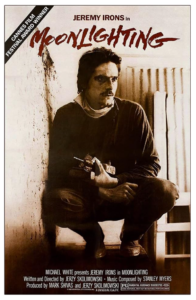
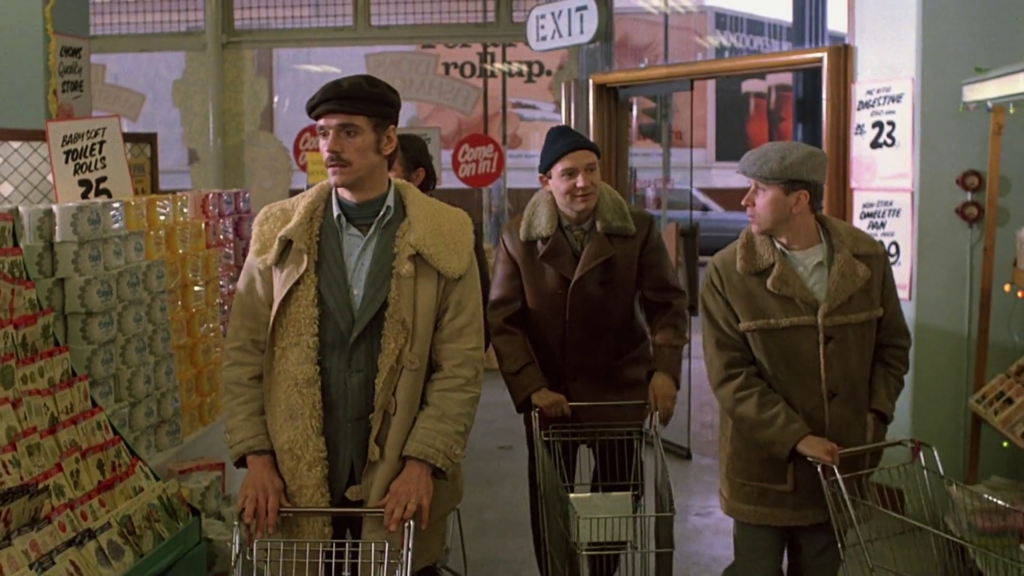
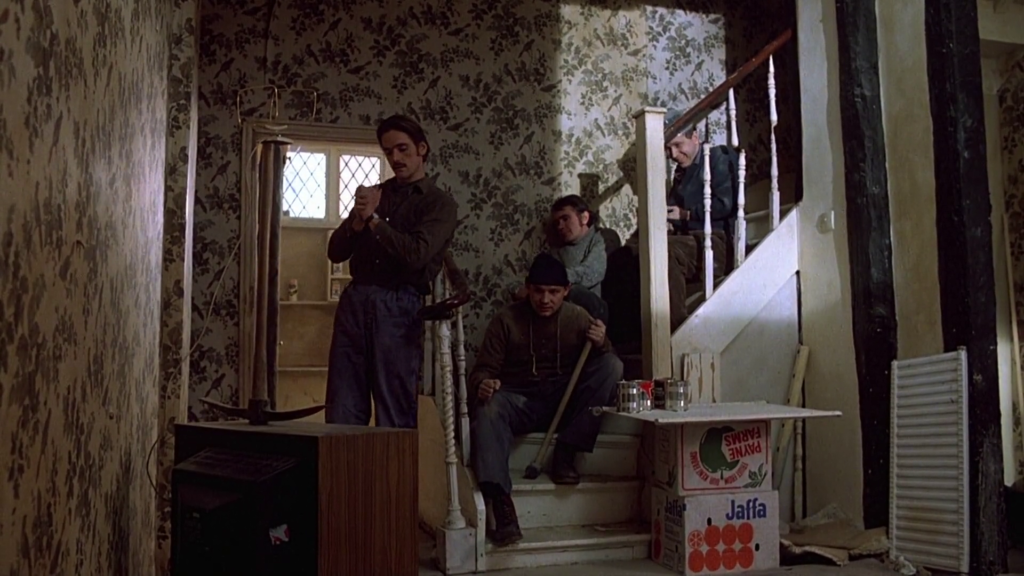
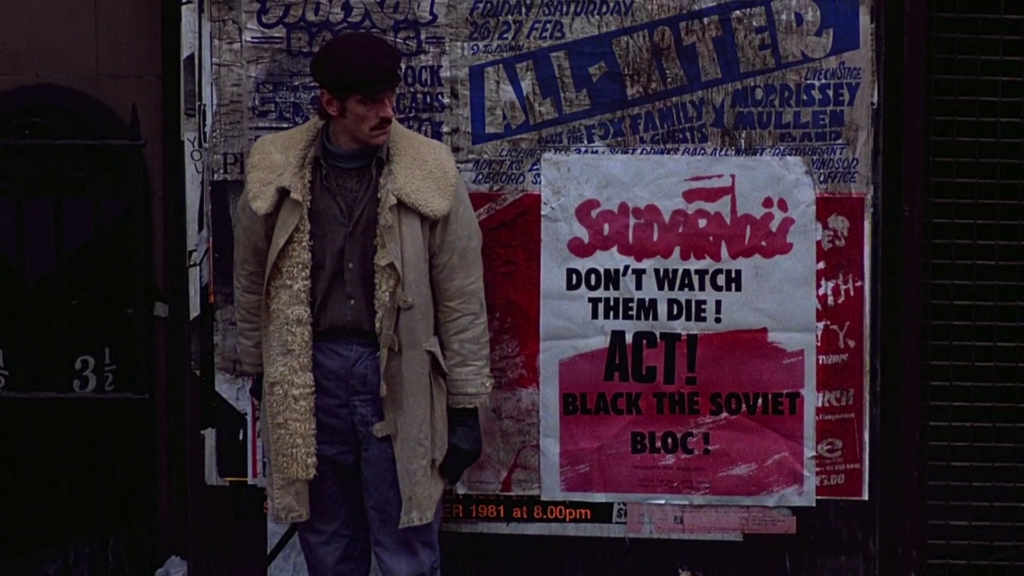
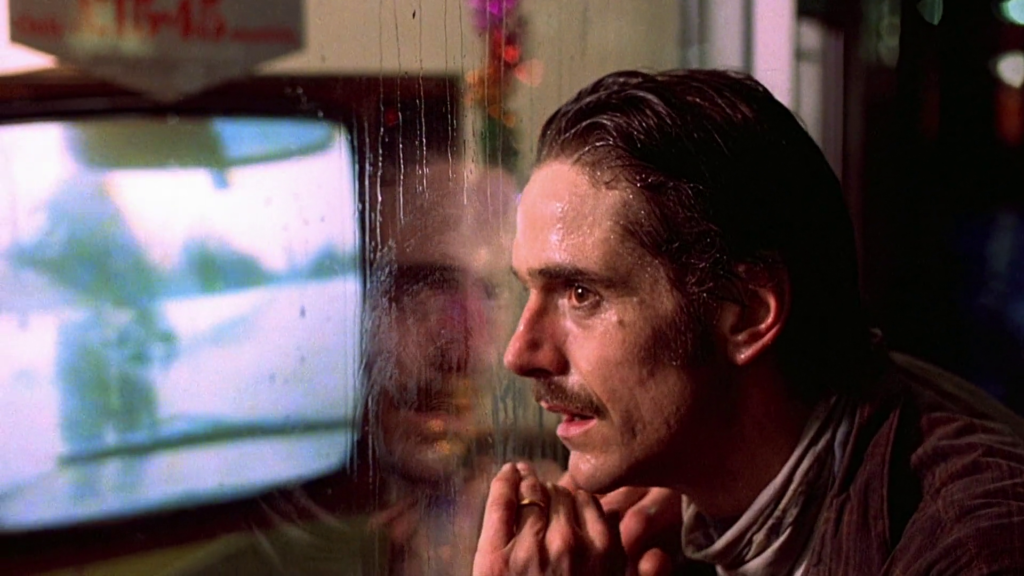
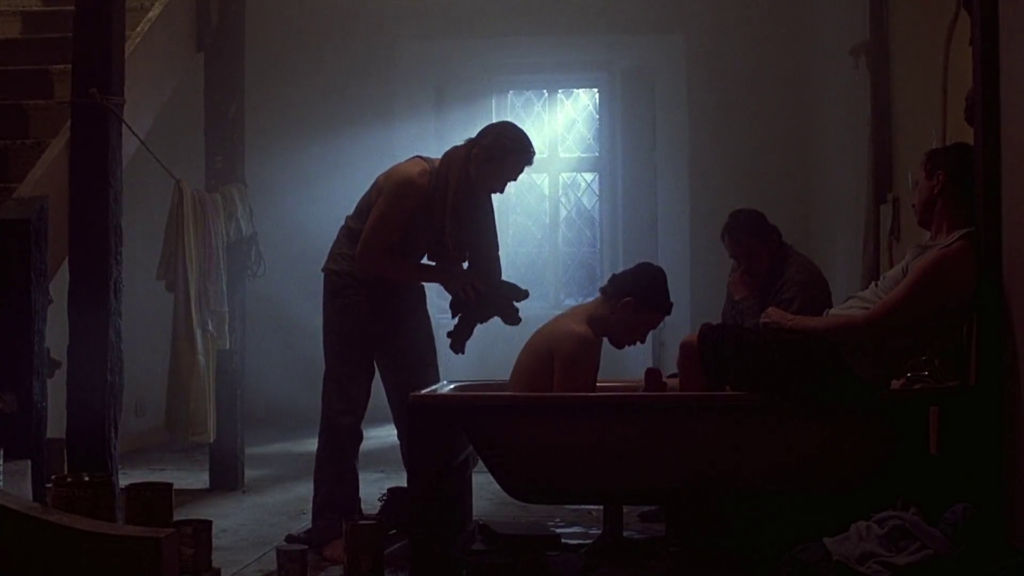
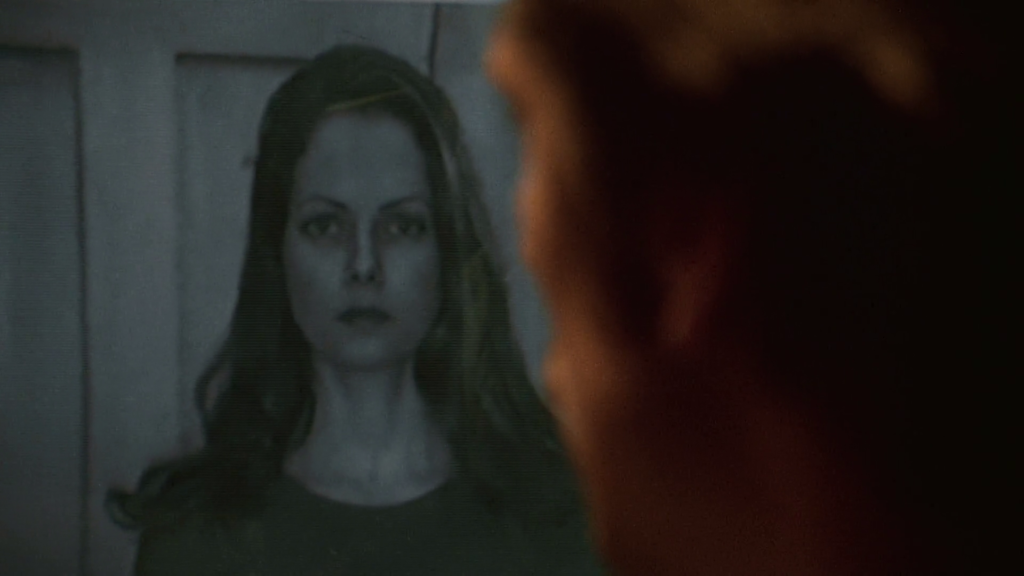
One thought on “Moonlighting (1982)”
First viewing (10/4/21). A once-must.
Against certain expectations, I found this to be a captivating cross-cultural portrait of ‘strangers in a strange land’. Irons isn’t one of my favorite actors but I totally bought him here. It’s always refreshing when an actor I don’t have much interest in surprises me. The progression of incidents seemed all-too-accurate; the political turn of events was gripping. Yet the entire film comes off as understated.
At 90+ minutes, the ground covered sticks to the basics and the depth of the situation feels full.
Among the cast, Judy Gridley is particularly impressive as the hawk-sharp supermarket manager.